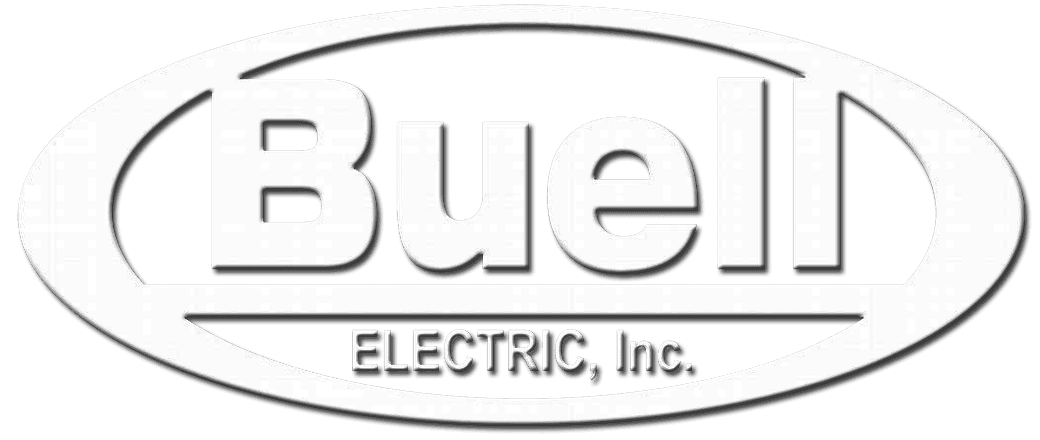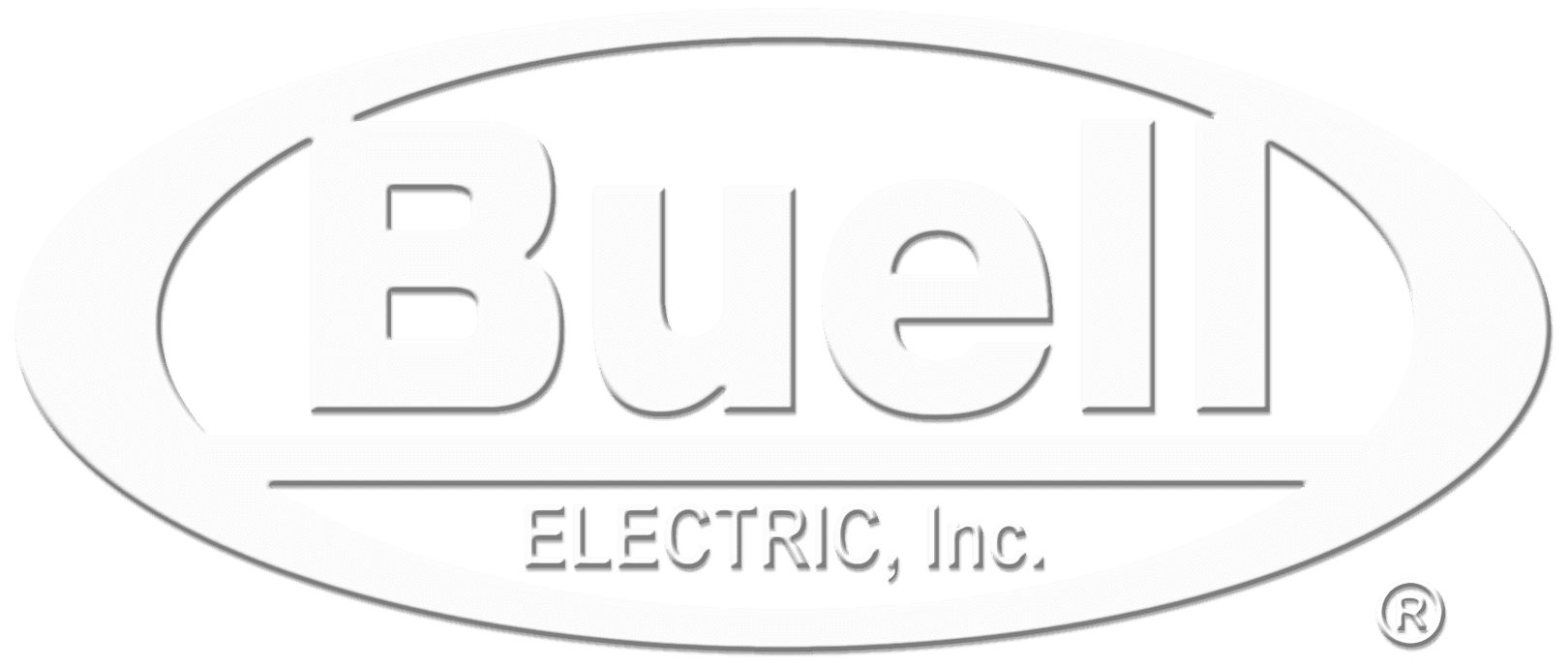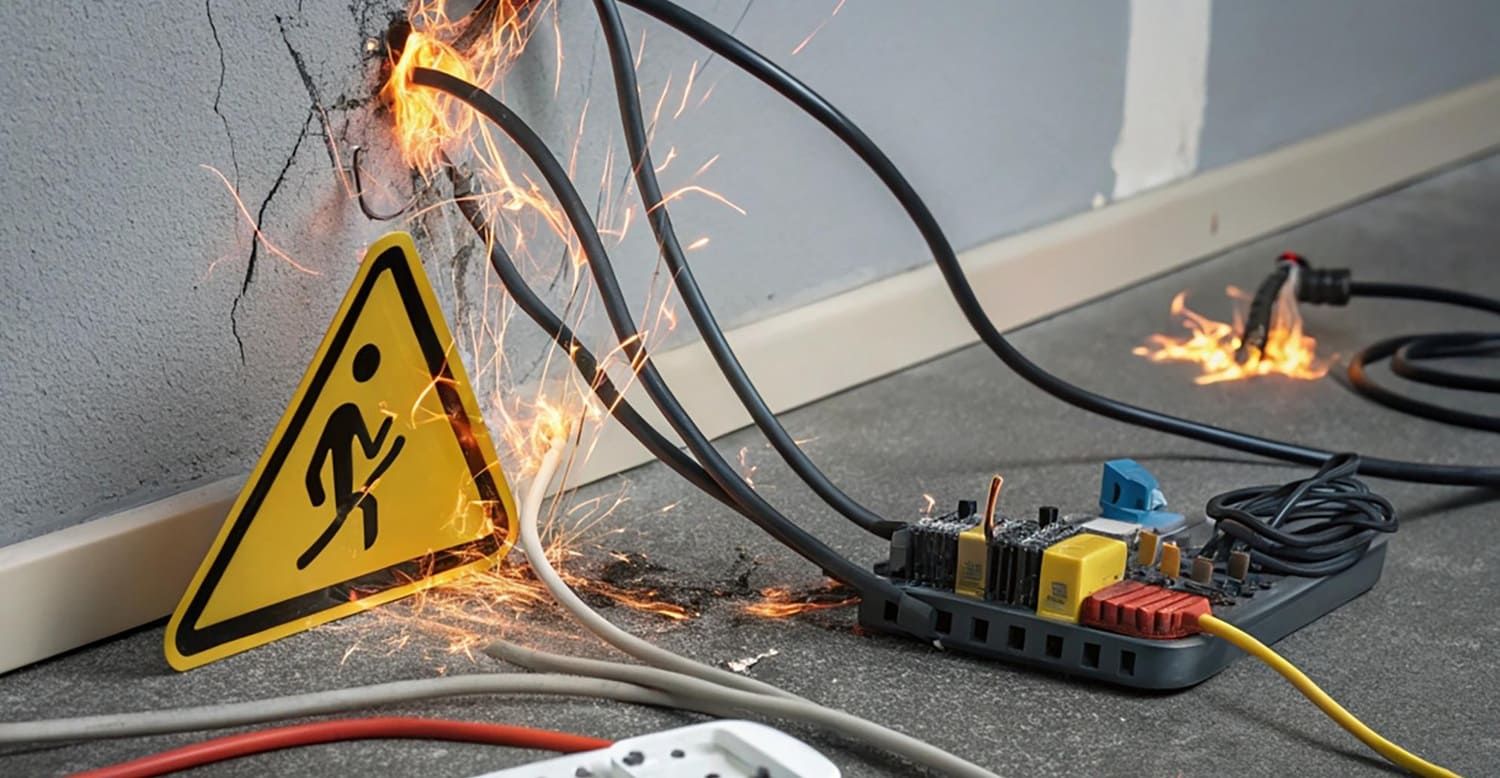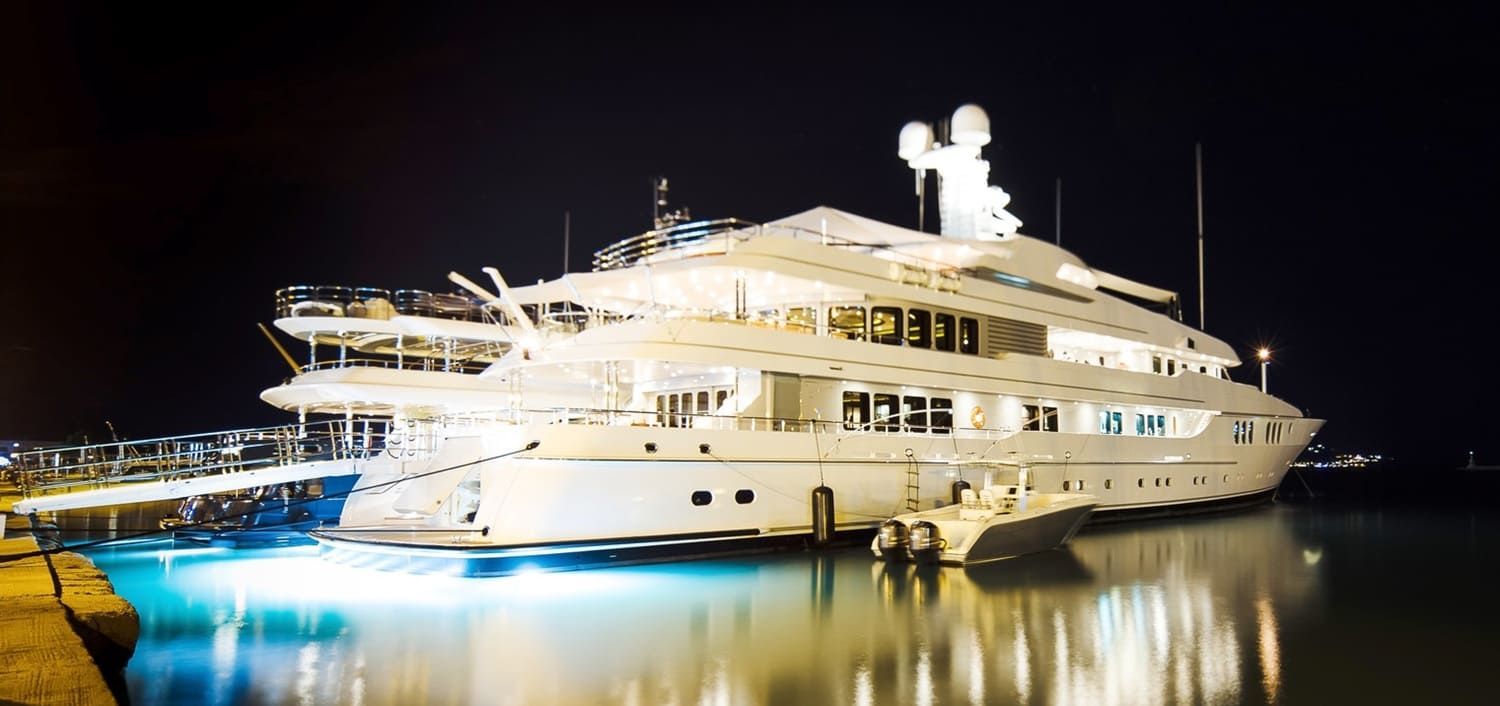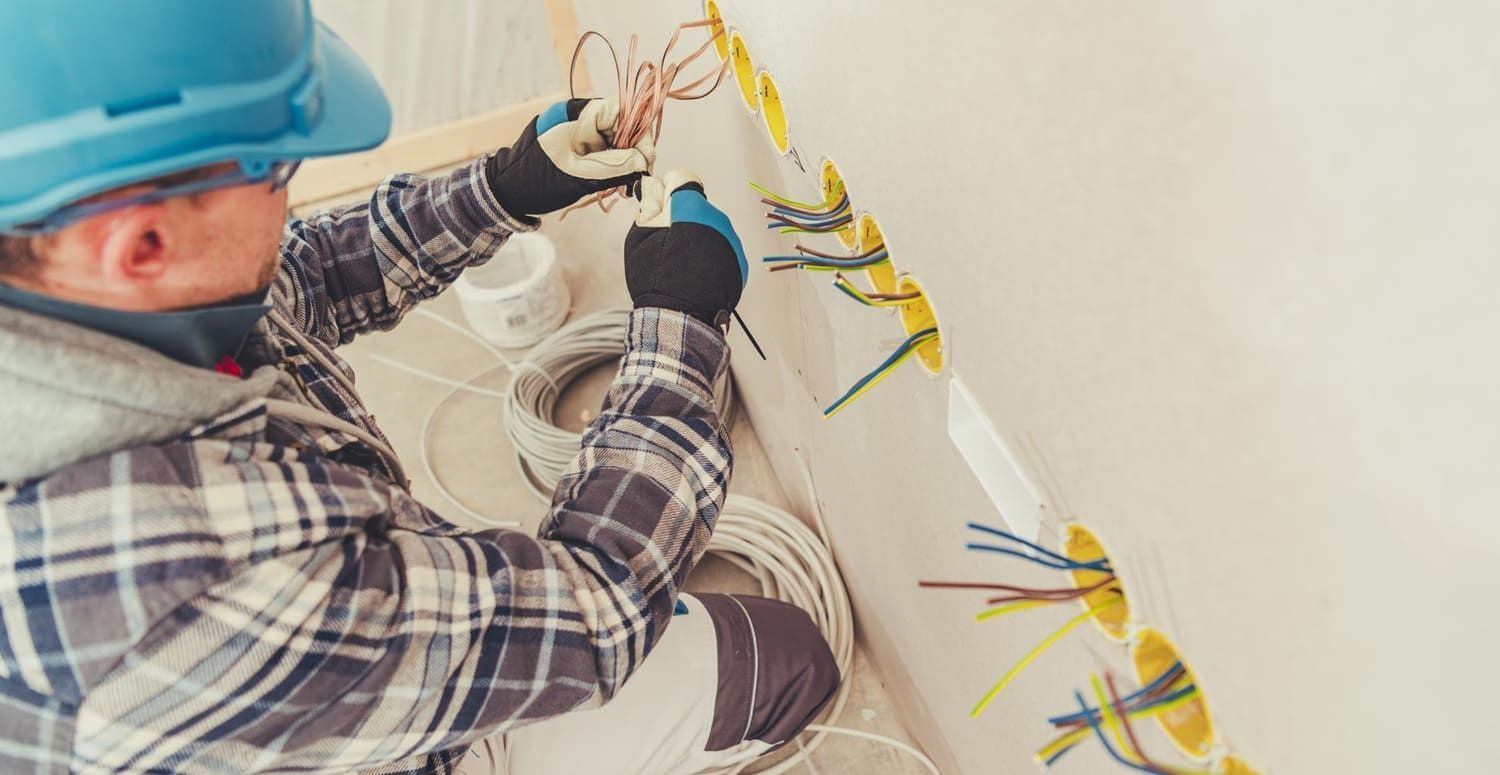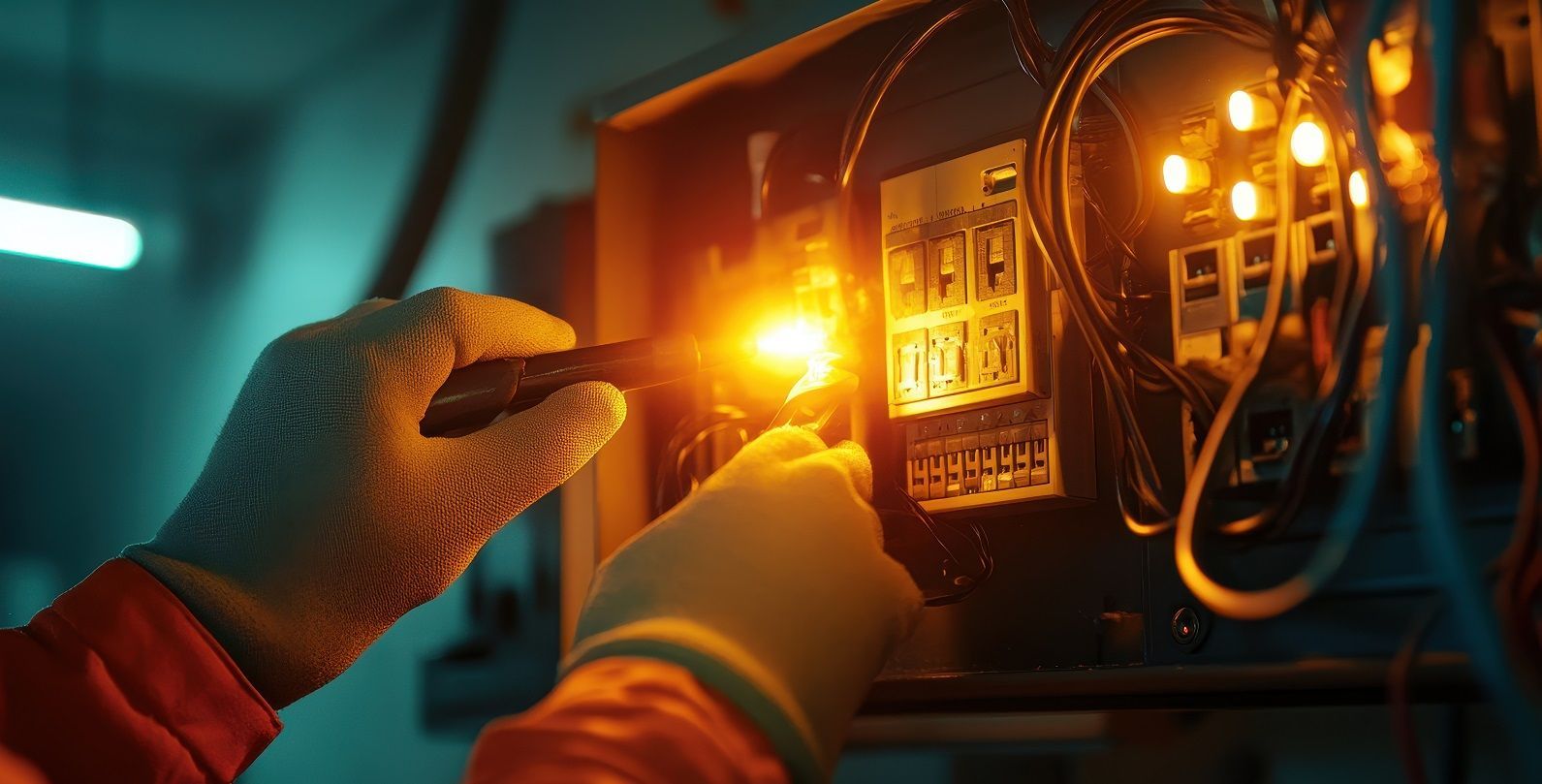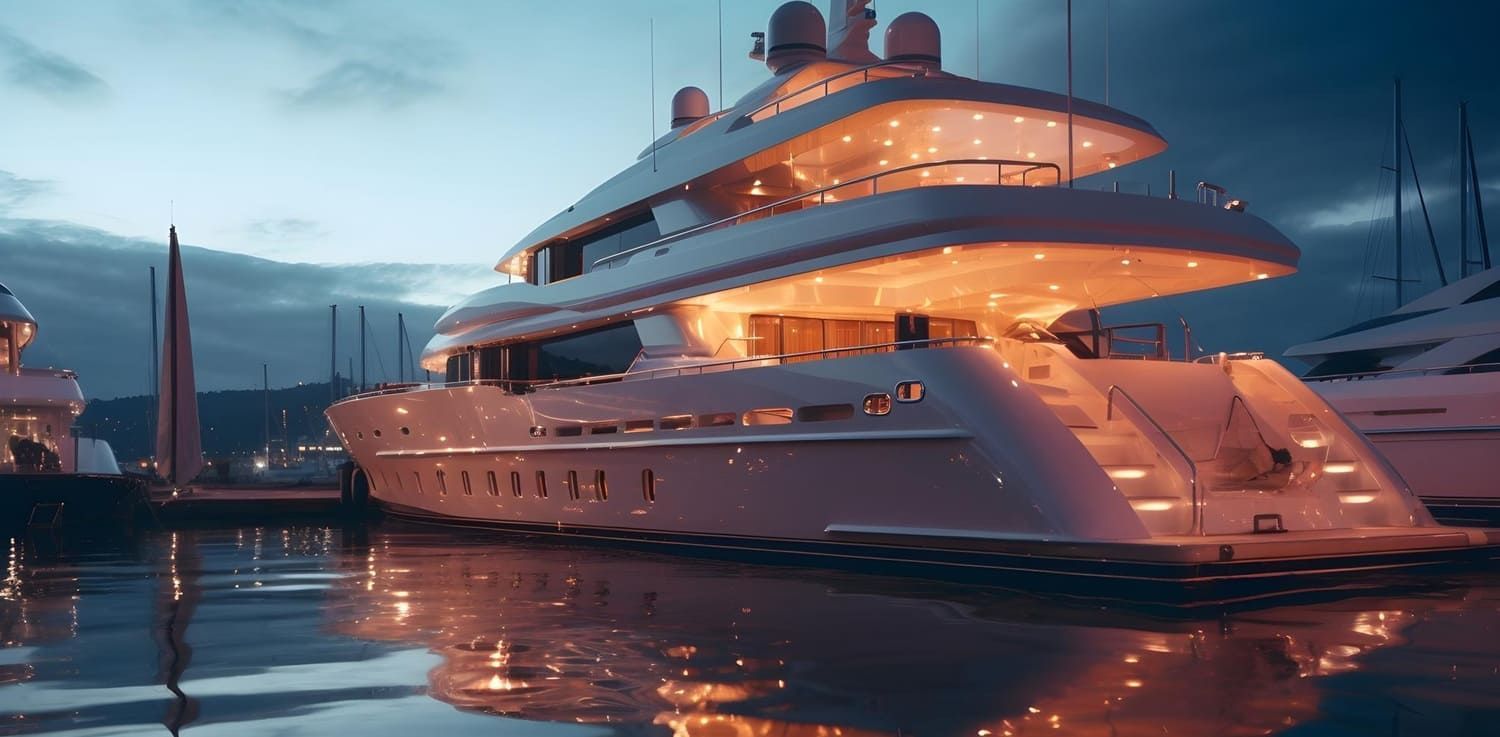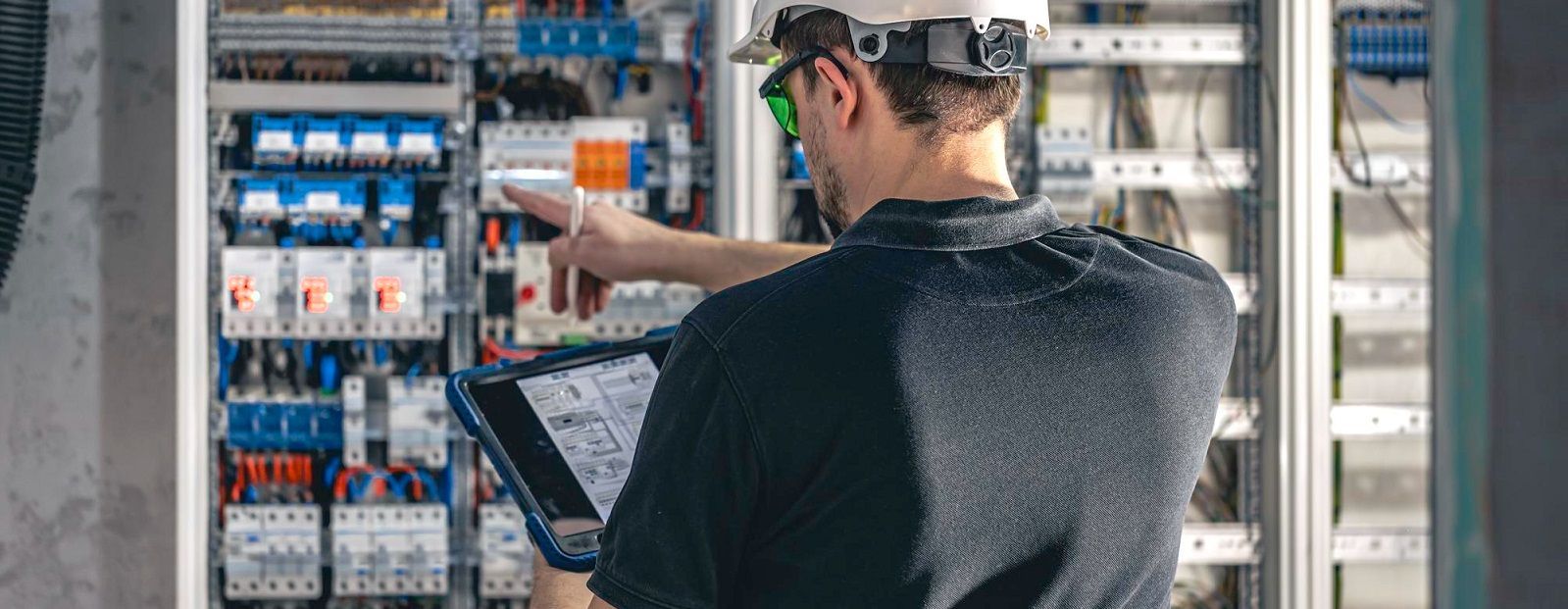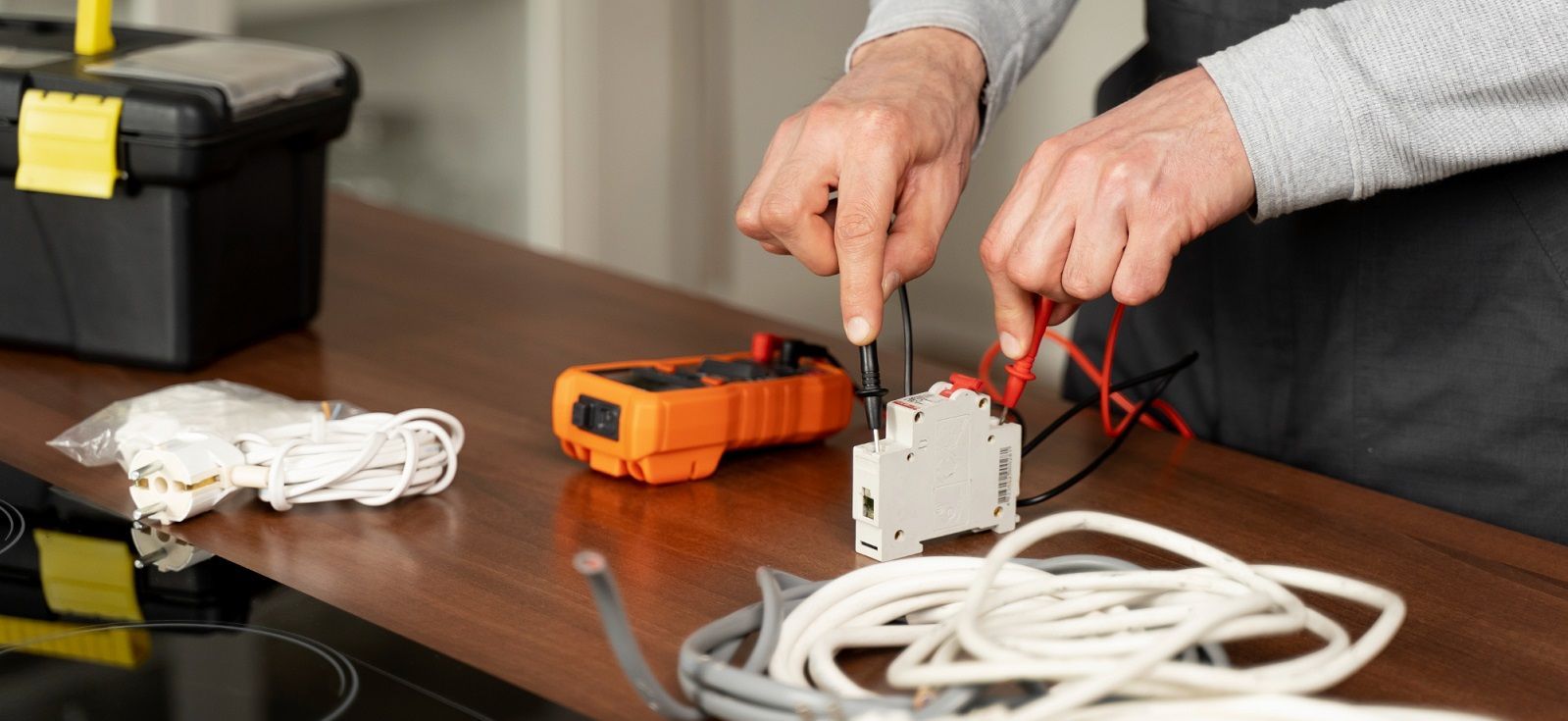Marine Electrical Standards and Regulations You Need to Know
If you want your boat to have a reliable electrical system, this guide can help. Here are marine electrical standards and regulations you need to know.
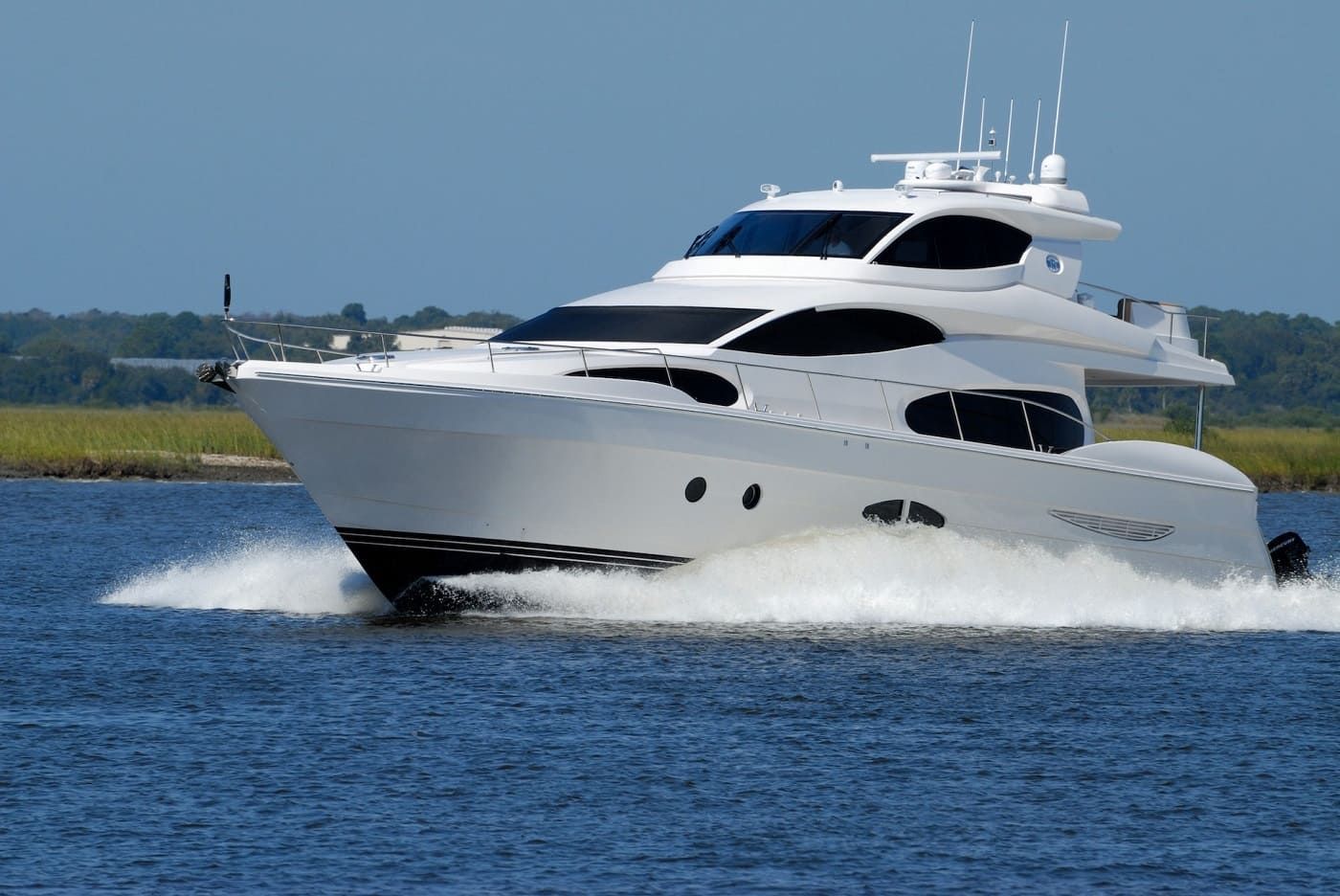
What's better than some time out on the water? Spending time near the water isn't just fun, it's actually incredibly beneficial for your mental and physical health. This is why many people become boat owners.
Of course, there are many things you need to learn as a responsible boat owner. One thing you'll need to get familiar with is the marine electrical standards and regulations.
When it comes to marine electrical systems, adherence to standards and regulations is very important. The safe and efficient operation of vessels relies heavily on electrical systems. This means it is essential to follow established guidelines to prevent accidents and maintain the integrity of maritime operations.
What do you need to know about some of the key marine electrical standards and regulations? Read on and we'll walk you through the basics that you'll need to be familiar with.
International Electrotechnical Commission (IEC) Standards
The International Electrotechnical Commission (IEC) plays a crucial role in developing international standards. They do so for electrical and electronic technologies, including those used in the marine industry.
Several IEC standards are relevant to marine electrical systems. They cover aspects such as electrical safety, system design, and equipment performance.
Some of the notable IEC standards include IEC 60092 series (Electrical Installations in Ships), IEC 60364 series (Electrical Installations of Buildings), and IEC 60529 (Degrees of Protection Provided by Enclosures).
Keeping in line with these regulations can be complicated if you're not well-versed in the language of the law. Working with a professional electrician can help to ensure that your boat is compliant with all IEC standards.
National Electric Codes
Different countries have their own National Electrical Codes (NECs). These are regulations that govern practices within their maritime boundaries. That includes electrical installations.
For example, in the United States, the National Fire Protection Association (NFPA) provides comprehensive guidelines for electrical installations on vessels operating in U.S. waters. These codes define the minimum standards for electrical system design, installation, and grounding. There are also strict codes that define protection against electrical hazards.
Failure to comply with the NEC codes could get you in trouble with the law. As such, it's important to take this kind of research very seriously.
IMO Regulations
The International Maritime Organization (IMO) is a specialized agency of the United Nations. The IMO establishes regulations and guidelines to ensure safety and environmental protection in the shipping industry.
The IMO's regulations cover various aspects of marine electrical systems, including fire protection, electrical safety, and electromagnetic compatibility.
The key IMO regulations include SOLAS (Safety of Life at Sea), MARPOL (International Convention for the Prevention of Pollution from Ships), and the ISM Code (International Safety Management Code).
If the vessel you are operating is part of a business operation, it's essential you get familiar with the regulations set down by this organization.
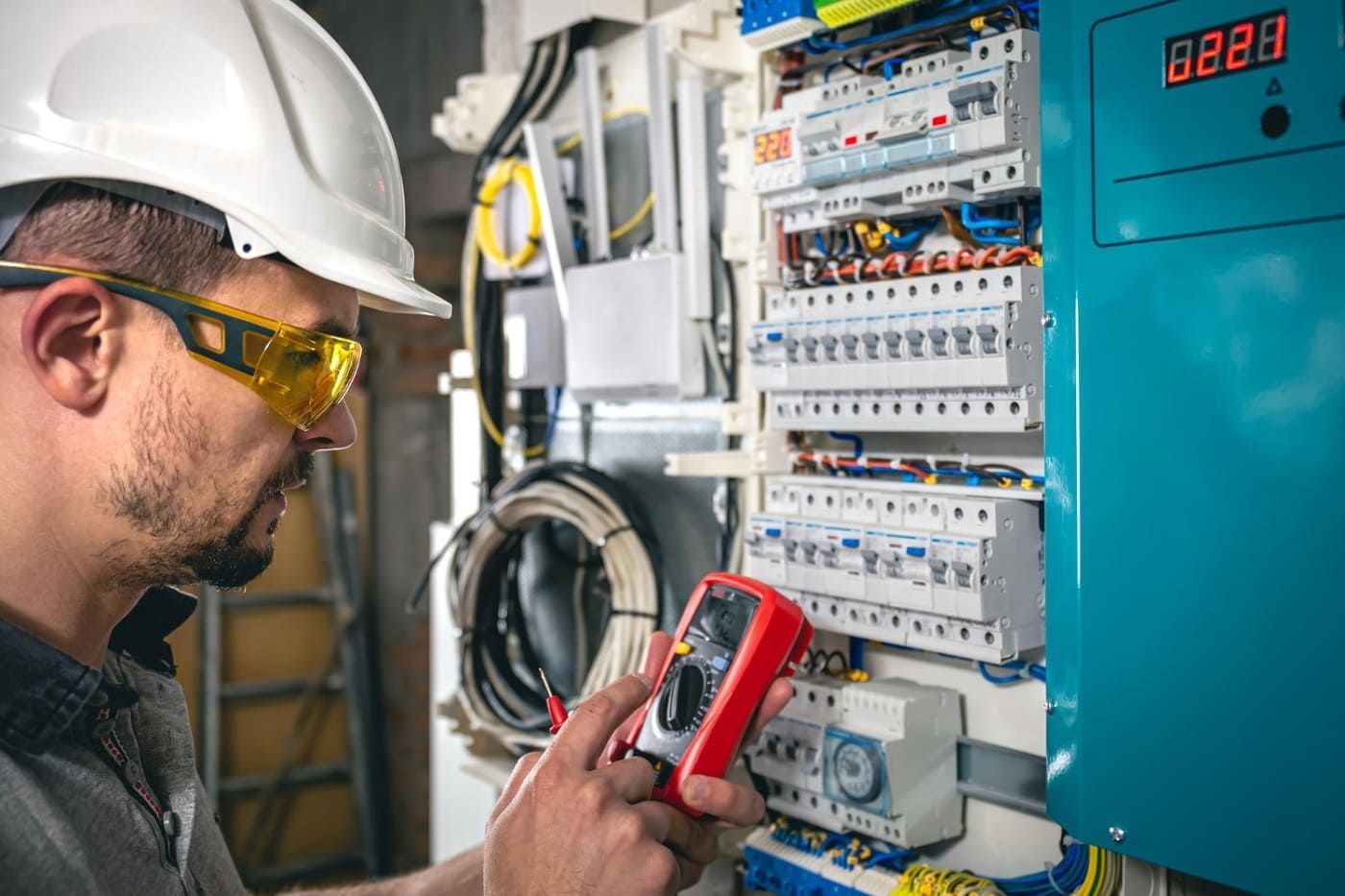
Proper Wiring on Marine Vessels
A marine electrical system is really only as good as the wiring that makes up the system itself. All wiring aboard a vessel should be done with marine-grade wire. This wire needs to be of the right size for the system itself.
A wire that is weak or improperly sized could lead to too much heat in the system, which could lead to a shutdown or even a fire.
These wires, and the paneling that contains them, need to be clearly labeled and easy to read. Circuit breakers also need to be in place to protect the system should some sort of overload with the wires occur.
If you're unsure what kind of wiring is needed for your marine vessel, you may want to speak to a professional.
Safety With Marine Batteries
Boat owners need to have a good understanding of batteries and their proper usage on board their vessels. This is the only way to ensure a reliable power supply and maintain the safety of all aboard.
There are several types of batteries commonly used on boats. These include lead-acid batteries and lithium-ion batteries. Each type has its own characteristics, such as capacity, voltage, and charging requirements.
They also each have their own maintenance needs. It's important to choose the right type of battery based on the specific requirements of your boat and electrical system.
Regular battery maintenance is essential to ensure optimal performance. It can also extend battery life.
Boat owners should check battery connections regularly, clean corrosion, and ensure proper ventilation. Additionally, lead-acid batteries may require periodic electrolyte level checks. They may need to be topped up with distilled water.
Installing a battery monitoring system can provide valuable information about the state of charge, voltage, and current flow of the batteries. This helps boat owners keep track of battery performance.
It can also help them detect any issues or abnormalities. Thanks to these systems, boat owners can take necessary actions to avoid power failures or damage to the batteries.
Getting Familiar With Marine Electrical Standards
Operating a vessel of any sort on open water can be a thrill, but it also is a big responsibility. No matter if you're operating your vessel for pleasure or for business, you'll need to become well-versed in the various regulations and laws that surround boat use.
The above primer on common marine electrical standards and regulations can help give you a sense of what you need to learn about. The more time you take to understand the ins and outs of these laws, the better off you'll be while operating your vessel.
Need help ensuring your vessel is compliant? Have electrical questions you can't figure out the answer to? Reach out to Buell Electric and Give us a call anytime for more help.
Buell Electric's Blog

